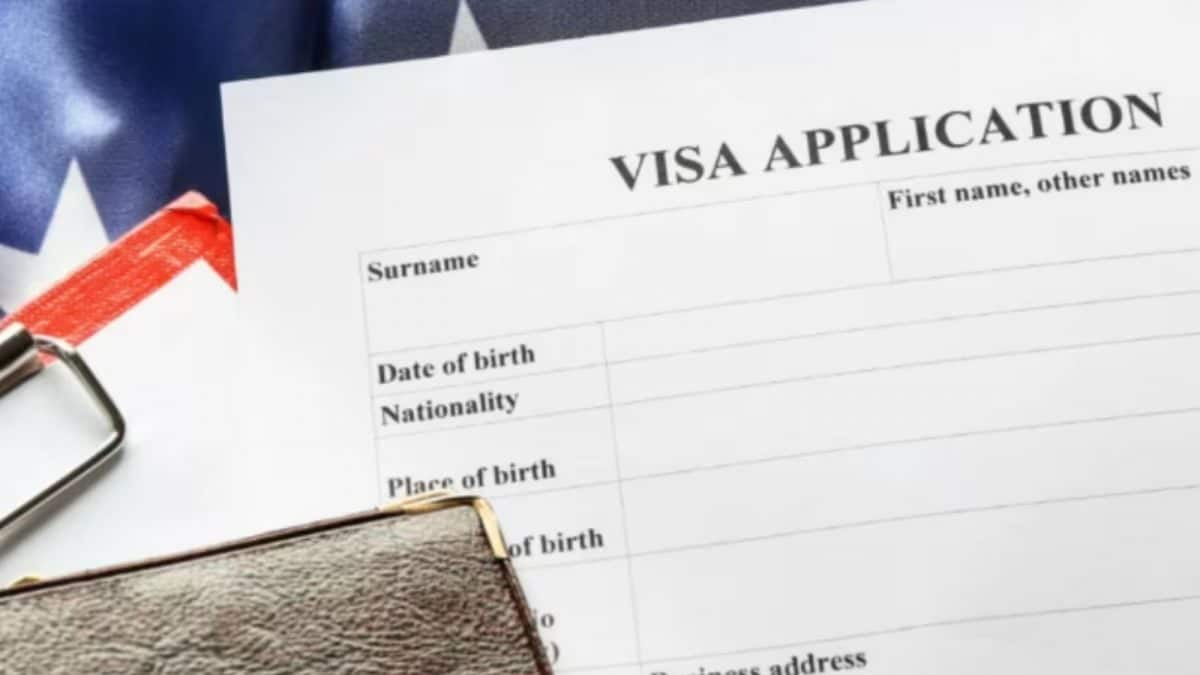The Supreme Court on Monday (August 18, 2025) deferred hearing a petition filed by the Punjab Government challenging the President’s prolonged delay in acting on two State Bills referred to her by the Governor. The State government had contended that its case is squarely covered by the Court’s April 8 ruling in the Tamil Nadu Governor case, which laid down timelines for gubernatorial action on Bills. Accordingly, it had urged the Court either to direct the Governor to comply with the ruling or to declare the Governor’s inaction illegal and treat the Bills as having received “deemed assent.”
A Bench led by Chief Justice of India (CJI) B.R. Gavai, and also comprising Justices K. Vinod Chandran and N.V. Anjaria, decided to await the outcome of a Constitution Bench hearing a Presidential Reference under its advisory jurisdiction on whether the Court can prescribe timelines for Governors and the President in dealing with State Bills submitted for assent or reserved for their consideration.
The Bench further declined to entertain an interim application by the Union Government seeking to refer Punjab’s petition to the Constitution Bench hearing the Reference. Solicitor General Tushar Mehta, appearing for the Union Government, argued that the petition raised a “substantial question of law” on constitutional interpretation and should therefore, under Article 145(3), be heard by a Constitution Bench. He further submitted that the Punjab petition and the Presidential Reference raised identical issues and ought to be heard together.
However, senior advocate Abhishek Manu Singhvi, representing the Punjab Government, opposed the Centre’s request and sought time to file a counter-affidavit. “The hearing may be deferred for now. This application was filed on Thursday. No notice was issued to me,” he said.
The Chief Justice observed that the questions raised in Punjab’s petition would have to await the outcome of the Presidential Reference. He directed that the matter be listed after the Constitution Bench delivers its opinion. “Once a Constitution Bench decides the issue, all other Benches will be bound to follow that ruling,” he remarked.
The two Bills in question are the Punjab Police (Amendment) Bill, 2023, which was referred to the President in July 2024, and the Sikh Gurdwaras (Amendment) Bill, 2023, which has been pending with the President since January 2024. “Despite the passage of these extended periods, no decision granting assent or providing reasons for withholding it has been communicated to the petitioner State, nor have any reasons been furnished for the delay, despite representations being made by the Chief Minister to the Union Home Minister”, the Punjab Government’s petition said.
The State further contended that the Governor’s referral of both Bills to the President lacked any constitutional basis. Relying on the Supreme Court’s judgment in the Tamil Nadu Governor case, it argued that the President’s inaction beyond the prescribed three-month period amounted to a violation of the court’s ruling.
The April 8 judgment by a Bench of Justices J.B. Pardiwala and R. Mahadevan arose from a petition filed by the Tamil Nadu government challenging the Governor’s delay in clearing 10 re-passed Bills and his subsequent decision to reserve them for Presidential consideration. The ruling, authored by Justice Pardiwala, held the Governor’s action illegal and invoked Article 142 of the Constitution to deem that all 10 Bills had received assent. This effectively nullified the President’s decision, which had earlier assented to one Bill, rejected seven, and kept two pending.
The Presidential Reference has sought clarity from the Supreme Court on whether judicial powers extend to prescribing deadlines for constitutional authorities in granting assent to Bills referred to them. Indirectly questioning the validity of “deemed assent,” it has asked whether a law enacted by a State Legislature can “be considered a law in force without the assent of the Governor.” It contended that the concept of deemed assent, introduced in the April 8 judgment, is alien to the constitutional scheme and fundamentally limits the powers of the President and Governors.
A Constitution Bench headed by CJI Gavai is scheduled to hear the Reference from August 19, 2025. The hearing will open with Kerala and Tamil Nadu raising preliminary objections to its maintainability, arguing that the questions referred by the President are no longer res integra or unsettled questions of law.



.png)
.png)
.png)
















 1 week ago
6
1 week ago
6









 English (US) ·
English (US) ·